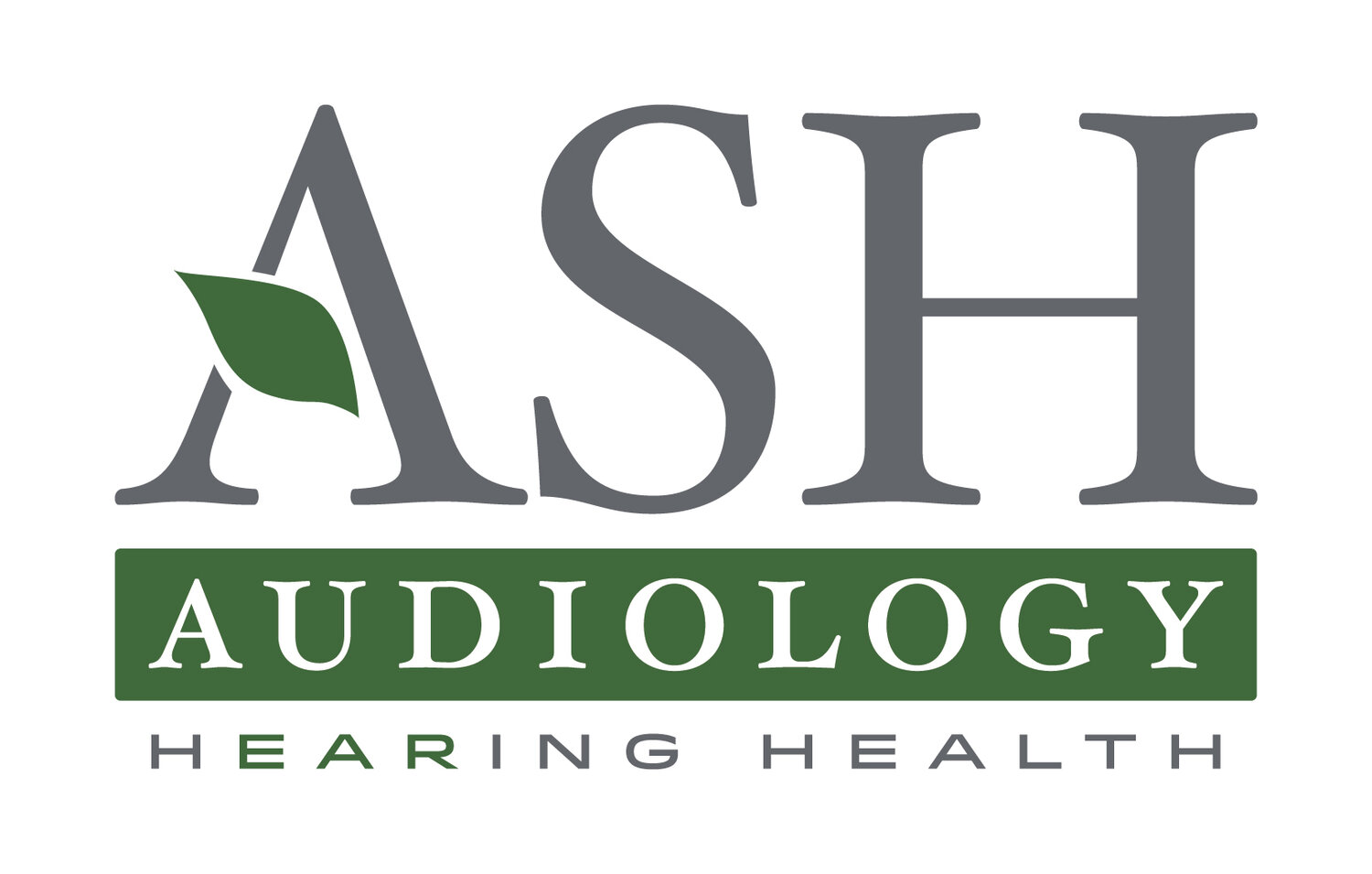Hearing Aid vs. Cochlear Implant: Which is Right for You?
If you think have a hearing loss and may benefit from medical devices like hearing aids or cochlear implants, it can be difficult to know what to do next.
Hearing aids are best for…
Most individuals with hearing loss. Specifically, those who have mild to severe hearing loss in one or both ears. Hearing aids can amplify a broad range of frequencies and are powerful enough to help someone with even a significant hearing loss.
Individuals who have never used hearing devices (such as hearing aids) before. The majority of people who need cochlear implants have already tried hearing aids. Most audiologists and physicians will recommend their patients try hearing aids before considering a cochlear implant.
People who can have good speech understanding. If you can understand words when they’re spoken at a loud enough volume or can converse over the phone, a hearing aid is probably right for you.
Cochlear Implants are best for…
Individuals who are deaf or have very severe or profound hearing loss at most or all frequencies. In order to be considered a cochlear implant candidate, you must have a great deal of hearing loss. Most people with hearing loss lose their hearing due to aging. However, the aging process does not often lead to severe or profound hearing loss at most or all frequencies.
People who have significant hearing loss in both ears. If someone has single-sided deafness or a very significant hearing loss on one side, and good hearing on the other side, they may not be a good candidate for a cochlear implant. If you have a single-sided deafness, you should consider trying a hearing aid or CROS system before considering cochlear implantation.
Those who have already used hearing aids and did not receive much benefit from them. For most people with very significant hearing loss, it’s recommended to try hearing aids first and see if there is an improvement. Hearing aids are much less invasive than cochlear implantation, so they are usually the first option for people with hearing loss.
How will I know if I need a cochlear implant?
If you regularly see an audiologist to evaluate your hearing loss, ask them for their opinion. If they agree you may benefit from a cochlear implant, further testing is necessary. Cochlear implant candidacy testing includes a series of hearing tests which are more difficult and complex than an ordinary hearing test. These tests focus on determining your ability to understand speech in quiet situation and in noisy situations while wearing hearing aids.
